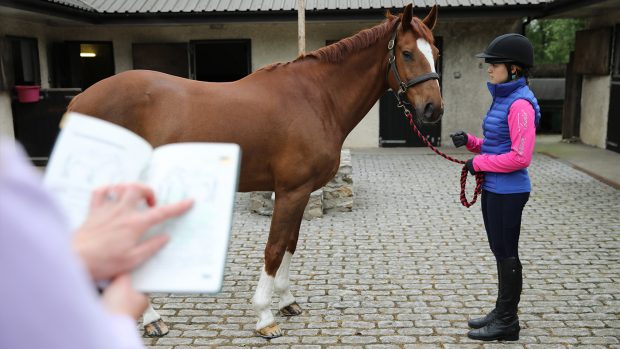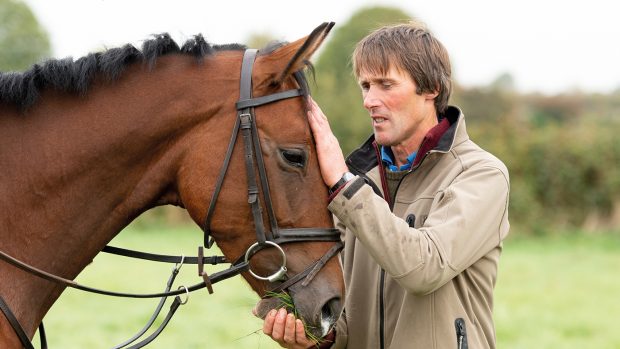Part three: viewing prospective horses
Different people will give you varied advice when buying a horse, so to cut through the confusion here is a list of things that you definitely should do when looking at horses for sale:
- Do ask if the horse is on any medication or supplements and if he is, find out why and how long he’s been on it.
- Do think carefully about buying a horse that has ‘potential’, but no track record to speak of, particularly if it is not young — it’s a risk and while it may work in your favour, you need to prepare for it not working out as you had hoped.
- Do view the horse two or three times before agreeing to purchase.
- Do try to ride the horse in different environments when viewing and at different times of the day.
- Do ask as many questions as you want — it’s a big decision and no question is too small or irrelevant.
- Try to contact previous owners and see if their story matches up with the details the current owner has told you. To find previous owner’s details, look at the horse’s passport. All horses should have a passport and it should be available when you view the horse.
- Do trust your gut — if something doesn’t feel quite right, you’re best to go with your instincts.
- Do have your own pre-purchase vetting done — don’t feel pressured to agree to anything just because the seller says the horse may be sold in the waiting time.
- Do look out for dealers posing as private sellers. Buying from a private seller gives you fewer rights, so unscrupulous dealers may pretend to be private sellers. Do you research before you buy.
There are also many things to avoid doing:
- Don’t consider inappropriate horses — write a checklist and stick to it.
- Don’t shop with your heart — although at times it’ll seem tricky, use your head and remain unemotional. It’ll pay off in the long run.
- Don’t get caught up in the hype — refer to your checklist again!
- Don’t buy the first horse you see. Unless you’re extremely lucky, the first horse you see will not be ‘the one’. It’s important to shop around so you see what’s out there, as well as getting a feel for the price that you should be expecting to pay.
- Unless you’re extremely experienced, don’t buy a horse that you can’t sit on or bridle yourself.
- Never buy a horse that scares you.
- Don’t buy horse that isn’t suitable — this goes back to being realistic about your capabilities as well as what you want to achieve.
- Don’t buy a horse unseen.
- Don’t pay a deposit to view the horse or part with money over the internet.
- Don’t agree to anything you’re not comfortable with — this includes feeling rushed into an agreement.
- Don’t get on a horse if you don’t feel confident and comfortable about doing so.
Once you are confident you have found a horse that suits your needs, we strongly recommend getting the horse checked over by a vet before handing over your money.
Next step: The pre-purchase vetting
Ultimate guide to buying a horse
Buying a horse: Horse & Hound’s ultimate step-by-step guide
Buying a horse: choosing horses to view
Buying a horse: viewing prospective horses
Buying a horse: the vetting or pre-purchase examination
Buying a horse: final questions, payment and when you get your new horse home
Make sure you set aside plenty of time enjoy the journey of finding your perfect equine partner, as it could easily last a few months, but it will be worth it in the end.





